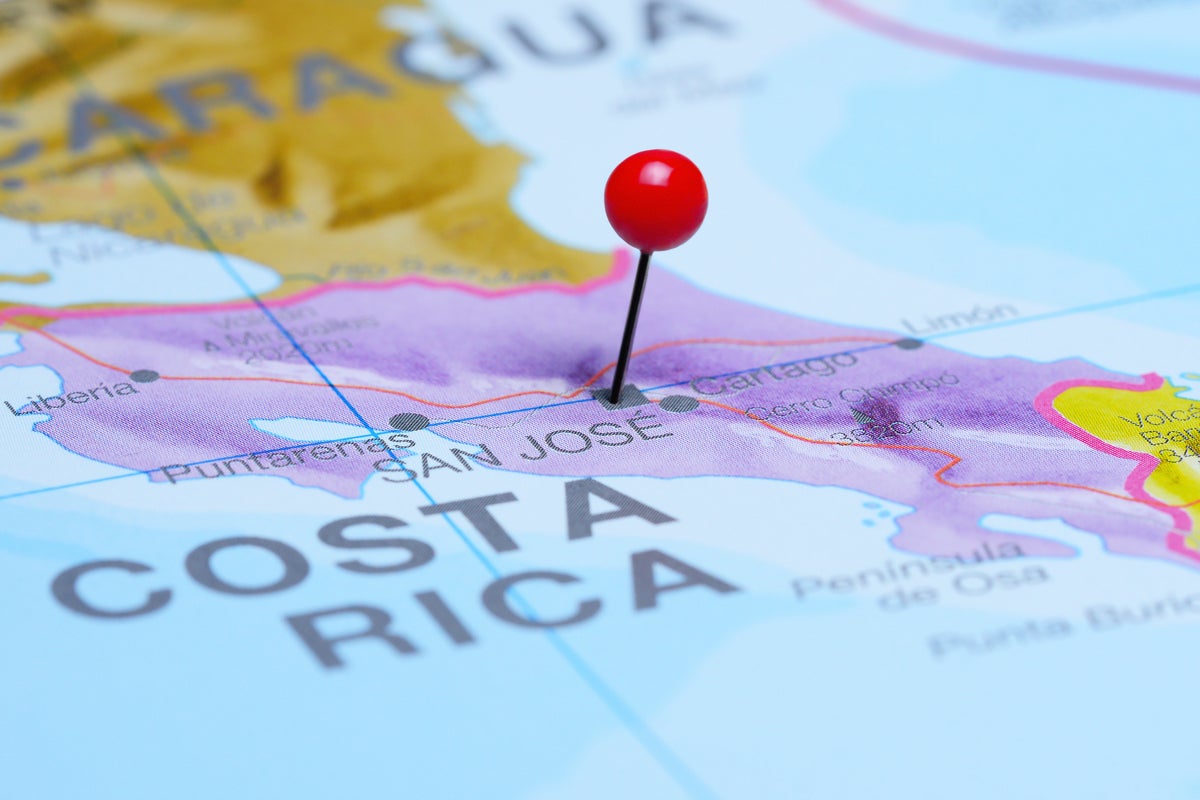Costa Rica’s newly-elected president has declared a national state of emergency, as its ongoing crisis costs the nation an estimated USD $38 million a day.
Perhaps in a different time, we would assumed the country had been struck by a devasting natural disaster or was struggling with some internal conflict—but times have changed. Costa Rica has been struck not by an earthquake or a bomb or a strike, but by a new national crisis: cybercrime.
Handling cyberattacks has become an everyday activity of every nation on the planet, as they try to navigate the “wild west” of the modern internet. Nation-states, for-profit cybercrime syndicates, political activists, and determined pranksters trawl the web every hour of every day, looking for their next victim. And what better victim than a nation’s government network? Government networks and systems are loaded with resources and information, including personal data that is vital for federal and civilian operations. At the same time, they are often behind the curve on security best practices, making government websites and systems prime targets.
